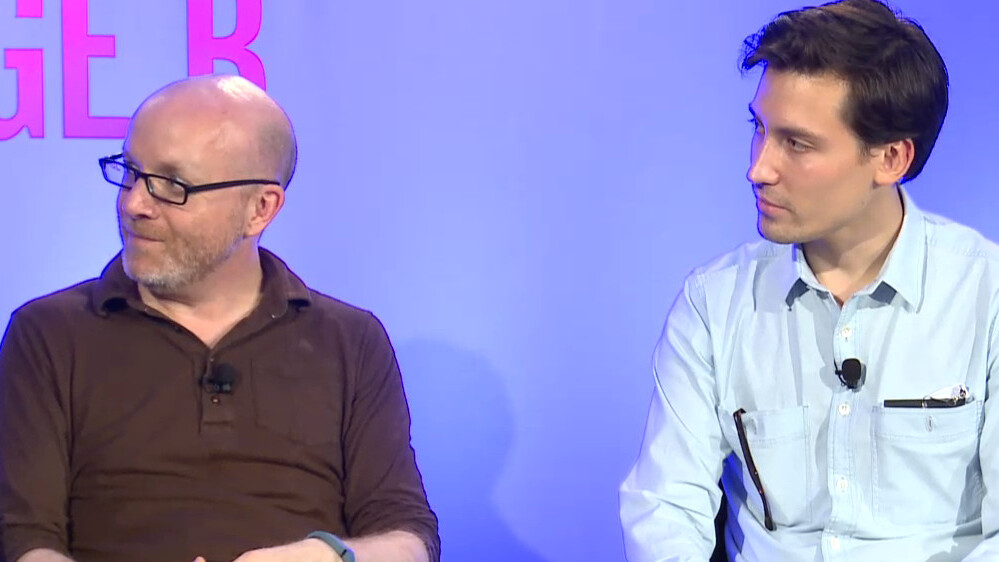
Speaking on stage at Internet Week New York, Digg CEO Andrew McLaughlin revealed that his company’s upcoming Google Reader replacement will not be a separate app, and will simply be called “Digg Reader.”
McLaughlin made it clear that users will “have one download, which is Digg, and the current Digg will have added onto it reader capabilities.”
Unsurprisingly, McLaughlin says Digg is “aiming to build something that’s very clean, very simple and very fast.” He called the upcoming Digg Reader a “production tool,” which will offer ways to “sort and rank” content (an alternative to a relentless chronological scroll) so you can quickly look at the top things and move on.
More specifically, the upcoming service will include features like the ability to sort by popularity, but will not focus on discovery or social features for now. According to McLaughlin, users know which feeds they want to follow. Digg Reader will let you manage those feeds and read them in “a really clean, uncluttered way, with a lot of speed and performance.”
As for Reader’s development progress thus far, McLaughlin shared that his company moved Digg Reader onto production servers this past Monday and that Digg will meet its goal of launching it by the end of June.
In reference to the challenge of building such a tool, McLaughlin says “the amount of computing power that you have to throw at it is pretty daunting.” Digg’s engineers spoke to Google Reader’s former developers and Bloglovin’s programmers to prepare themselves for this development sprint. McLaughlin appears to be focusing his team’s efforts on iOS and the Web, but the company is “doing Android off to the side.”
McLaughlin also shared that Digg and the recently acquired Instapaper will not be combined, at least for the moment; he argued that the notion of reading something later serves a separate function.
The talk, dubbed “Life After Google Reader” also featured Bloglovin CEO Mattias Swenson, Buzzfeed’s Rob Fishman, and yours truly as moderator. When asked if Digg Reader will compete with services like Bloglovin, McLaughlin said it was possible, but that the target demographics are very different. This made the talk quite interesting, as Bloglovin and Digg are tied closely together through Betaworks.
Get the TNW newsletter
Get the most important tech news in your inbox each week.





